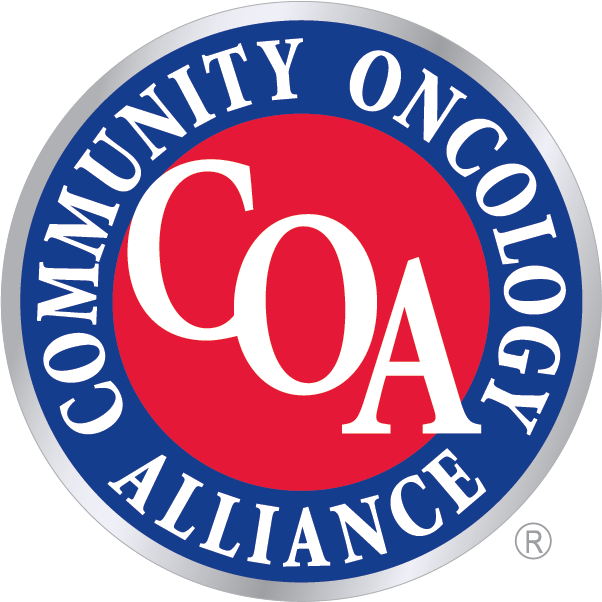The Myth of Perverse Physician Incentives: Examining Research and Accusations in the Medicare Part B ASP Reimbursement System for Oncology
A frequent accusation aimed at physicians who prescribe and administer medications within the Medicare Part B system is that they are motivated by a perverse incentive of higher reimbursement to prescribe expensive drugs. For oncologists, who utilize potentially life-saving, but increasingly very expensive drugs in treating some of the nation’s sickest patients, this is a baseless charge, often made without any evidence to support it.
Cancer drugs are amongst the costliest medications available today. For many patients, the cost of a full course of treatment in the United States can be financially toxic and catastrophic. The country currently sits on the precipice of proposed drug system changes of considerable magnitude and scope. Several proposals under consideration take aim at Part B reimbursement as a means of forcing changes to drug prices and pricing methodologies. These are, ironically, occurring just as the adoption of value-based cancer care programs, such as the Centers for Medicare and Medicaid Services (CMS) Oncology Care Program (OCM), are being increasingly implemented.
To help inform policymakers and stakeholders working to reform our health care system and reduce the total cost of cancer care, the Community Oncology Alliance (COA) has conducted this critical analysis of research studies that are often cited as “evidence” that oncologists prescribing in the Part B system are financially driven, rather than driven to provide the highest- quality cancer care. Evidence and recent studies proving that those assertions are misguided are provided in this paper.
To properly review the studies most commonly cited as “proof” of a perverse physician prescribing incentive, an expert review panel of six medical oncologists with literally decades of clinical and research experience, was assembled. They evaluated the studies, methodology, and data sources for all relevant findings. Their critical insight into the health care history and medical developments that drive prescribing patterns and behavior were critical to this paper. The conclusions included here represent their collective meta-analysis of relevant data.
The Myth of Perverse Physician Incentives: Examining Research and Accusations in the Medicare Part B ASP Reimbursement System for Oncology
A frequent accusation aimed at physicians who prescribe and administer medications within the Medicare Part B system is that they are motivated by a perverse incentive of higher reimbursement to prescribe expensive drugs. For oncologists, who utilize potentially life-saving, but increasingly very expensive drugs in treating some of the nation’s sickest patients, this is a baseless charge, often made without any evidence to support it.
Cancer drugs are amongst the costliest medications available today. For many patients, the cost of a full course of treatment in the United States can be financially toxic and catastrophic. The country currently sits on the precipice of proposed drug system changes of considerable magnitude and scope. Several proposals under consideration take aim at Part B reimbursement as a means of forcing changes to drug prices and pricing methodologies. These are, ironically, occurring just as the adoption of value-based cancer care programs, such as the Centers for Medicare and Medicaid Services (CMS) Oncology Care Program (OCM), are being increasingly implemented.
To help inform policymakers and stakeholders working to reform our health care system and reduce the total cost of cancer care, the Community Oncology Alliance (COA) has conducted this critical analysis of research studies that are often cited as “evidence” that oncologists prescribing in the Part B system are financially driven, rather than driven to provide the highest- quality cancer care. Evidence and recent studies proving that those assertions are misguided are provided in this paper.
To properly review the studies most commonly cited as “proof” of a perverse physician prescribing incentive, an expert review panel of six medical oncologists with literally decades of clinical and research experience, was assembled. They evaluated the studies, methodology, and data sources for all relevant findings. Their critical insight into the health care history and medical developments that drive prescribing patterns and behavior were critical to this paper. The conclusions included here represent their collective meta-analysis of relevant data.
